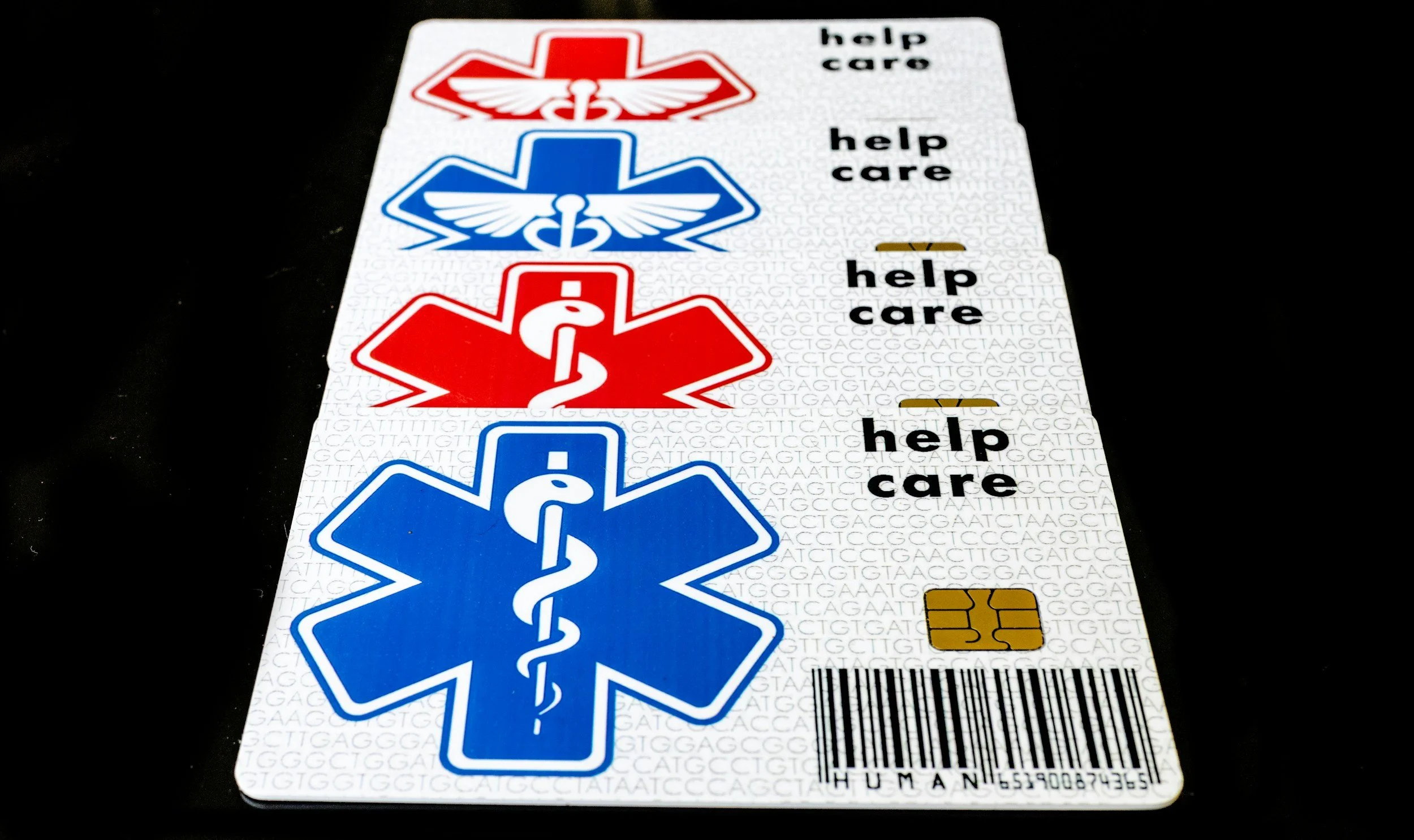
When any of us embark on a career in the health professions, we do not expect to spend time in a courtroom, facing claims of negligence and forced to defend the care we have provided. . . .
In every maternity care practice, best care should be a primary focus. Stemming from this, the other essential goal is to avoid the unthinkable; that your clinical decisions are implicated in permanent harm to a mother or her infant.
Basic medical-legal knowledge is essential for safe practice. Recognizing legal risks in vulnerable care settings, and in routine practice situations, can assure the most responsible care choices for your patients.
Recent Articles
Oxytocin (Pitocin) is among the most commonly used medications for labor and delivery. At least 33.2% of women will receive oxytocin while they are in labor. Before 2008, there was no standard protocol for oxytocin administration in labor. In fact, “pit to distress” was not an uncommon management strategy.
The Trump administration’s cuts to research on Alzheimer’s, menopause, uterine fibroids, and pregnancy risk will all have significant impacts on the reproductive health of women.
The Trump Administration’s gutting of the CDC includes slashing public health programs and eliminating 2,400 jobs, of which 460 were reinstated. The majority of CDC employees in the Division of Reproductive Health have been terminated, including cuts to the branch devoted to women’s health and fertility.
In a medical malpractice case against a certified nurse-midwife, the injured patient/plaintiff must be able to prove that the midwife owed them a legal duty. By law, all providers of healthcare owe their patients a legal duty.
I’ve written on this subject before, but the more I hear from CNMs being overseen and controlled by corporate nurse managers, the more it seems that the already inherent problems with this heinous hierarchical structure are getting worse.
b. The patient presented to the hospital during her prenatal period a total of four times. Her complaints consisted of cramping, abdominal pain, and headache. She was evaluated each time and discharged home.
Plaintiffs Joseph Cohen and Galit Dadoun-Cohen, individually and in their own right as co-administrators of the estate of Ethan Amos Dadoun-Cohen, deceased, appeal from the Court’s Order, dated April 24, 2007, wherein the Court granted preliminary objections of Defendants Eric Carlson, D.O., and Main Line Perinatal Associates, transferring the matter to the Court of Common Pleas of Montgomery County, Pennsylvania.







According to the Cleveland Clinic, there is a wide range of natural techniques to relieve various symptoms of pregnancy. Some of these treatments, such as massage, patterned breathing, and oral supplements and herbs, are safe and can help, while others have the potential for harm to the developing fetus. Alternative therapies should always be discussed with your healthcare provider.